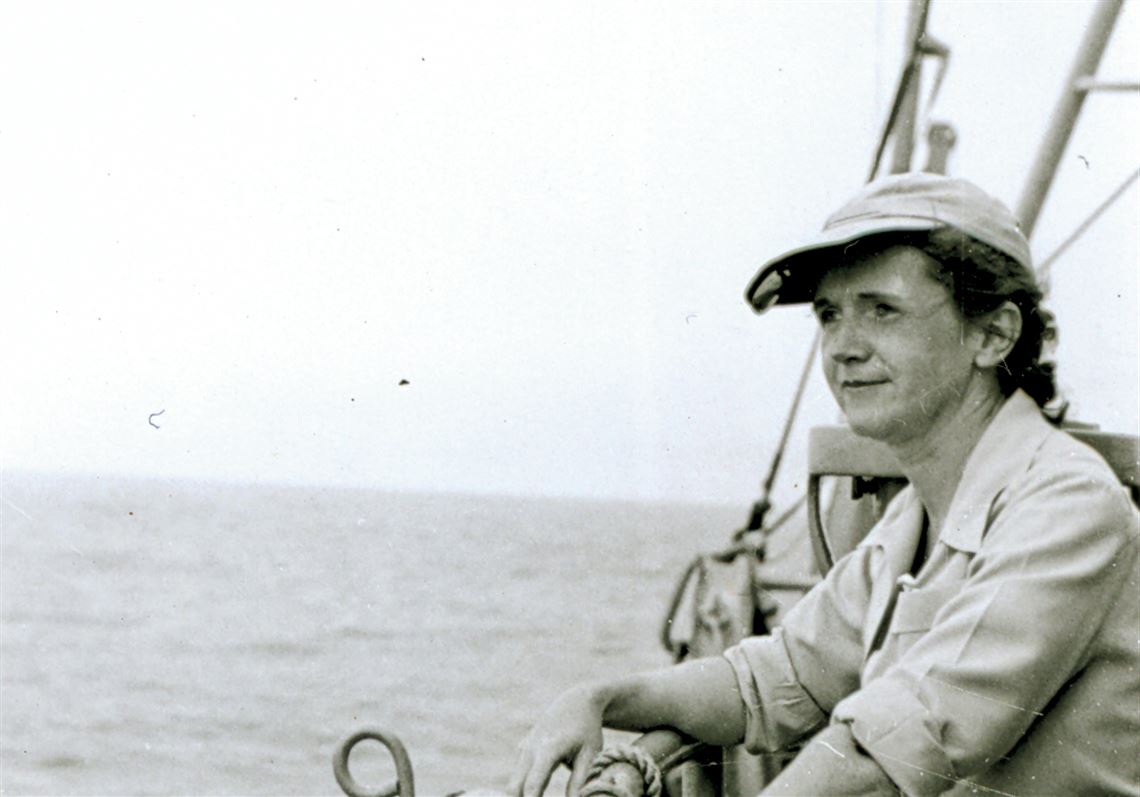There is other living music. I have already promised Roger that we’ll take our flashlights this fall and go out into the garden to hunt for the insects that play little fiddles in the grass and among the shrubbery and flower borders. The sound of the insect orchestra swells and throbs night after night, from midsummer until autumn ends and the frosty nights make the tiny players stiff and numb, and finally the last note is stilled in the long cold. An hour of hunting out the small musicians by flashlight is an adventure any child would love. It gives him a sense of the night’s mystery and beauty, and of how alive it is with watchful eyes and little, waiting forms.
The game is to listen, not so much to the full orchestra as to the separate instruments, and to try to locate the players. Perhaps you are drawn, step by step, to a bush from which comes a sweet, high-pitched, endlessly repeated trill. Finally you trace it to a little creature of palest green, with wings as white and insubstantial as moonlight. Or from somewhere along the garden path comes a cheerful, rhythmic chirping, a sound as companionable and homely as a fire crackling on a hearth or a cat’s purr. Shifting your light downward you find a black mole cricket disappearing into his grassy den.
Most haunting of all is one I call the fairy bell ringer. I have never found him. I’m not sure I want to. His voice—and surely he himself—are so ethereal, so delicate, so otherworldly, that he should remain invisible, as he has through all the nights I have searched for him. It is exactly the sound that should come from a bell held in the hand of the tiniest elf, inexpressibly clear and silvery, so faint, so barely-to-be-heard that you hold your breath as you bend closer to the green glades from which the fairy chiming comes.
The night is a time, too, to listen for other voices, the calls of bird migrants hurrying northward in spring and southward in autumn. Take your child out on a still October night when there is little wind and find a quiet place away from traffic noises. Then stand very still and listen, projecting your consciousness up into the dark arch of the sky above you.
What is the value of preserving and strengthening this sense of awe and wonder, this recognition of something beyond the boundaries of human existence? Is the exploration of the natural world just a pleasant way to pass the golden hours of childhood or is there something deeper?
I am sure there is something much deeper, something lasting and significant. Those who dwell, as scientists or laymen, among the beauties and mysteries of the earth are never alone or weary of life. Whatever the vexations or concerns of their personal lives, their thoughts can find paths that lead to inner contentment and to renewed excitement in living. Those who contemplate the beauty of the earth find reserves of strength that will endure as long as life lasts.
There is symbolic as well as actual beauty in the migration of the birds, the ebb and flow of the tides, the folded bud ready for the spring. There is something infinitely healing in the repeated refrains of nature—the assurance that dawn comes after night, and spring after the winter.
I like to remember the distinguished Swedish oceanographer, Otto Pettersson, who died a few years ago at the age of 93, in full possession of his keen mental powers. His son, also world-famous in oceanography, has related in a recent book how intensely his father enjoyed every new experience, every new discovery concerning the world about him.
“He was an incurable romantic,” the son wrote, “intensely in love with life and with the mysteries of the cosmos.” When he realized he had not much longer to enjoy the earthly scene, Otto Pettersson said to his son: “What will sustain me in my last moments is an infinite curiosity as to what is to follow.”
Rachel Carson, from The Sense of Wonder: A Celebration of Nature for Parents and Children












































































































































































No comments:
Post a Comment